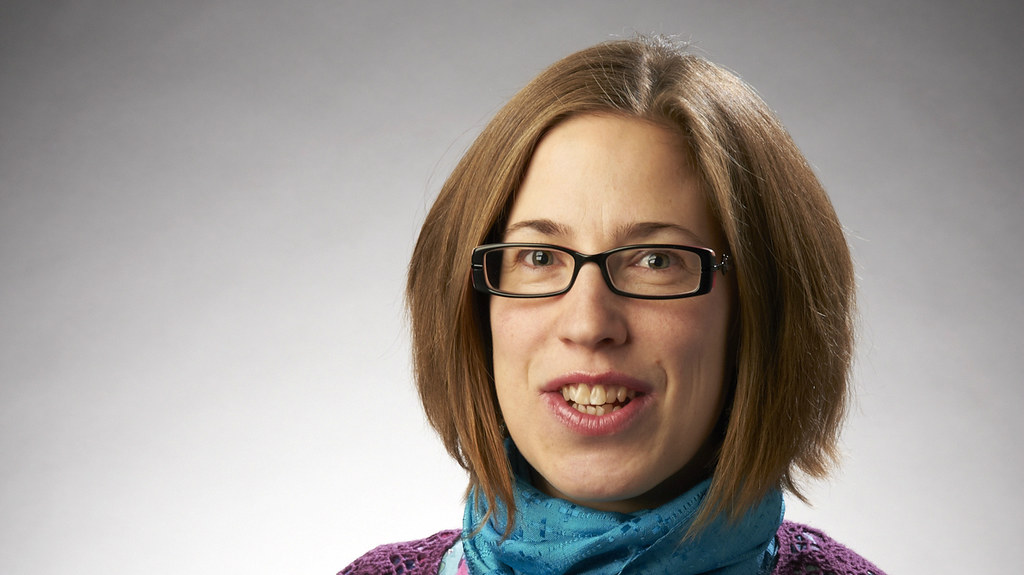Dr Hannah Rumble is a Research Officer in the Department of Social & Policy Sciences at the University and has been working on the project with Durham University’s Centre for Death and Life Studies.
The research suggests that Britain is leading the way globally in natural, or woodland, burials where people are typically buried in a woodland setting, field or meadow in wicker, cardboard, or other ecologically appropriate coffins.
More than 260 natural burial sites now operate across the country since the first one opened in Carlisle almost 20 years ago.
Dr Rumble said: “What is interesting is that natural or woodland burial appeals to people of all faiths and none. It isn’t a fad for secularists.
“There’s something therapeutic about imaging ourselves ‘returning to nature’ in a natural setting, whatever our personal beliefs are.
“The motif of nature provides comfort and meaning for a great number of people.”
The Durham study was led by Professor Douglas Davies, Director of Durham University’s Centre for Death and Life Studies. Professor Davies and Dr Rumble found a number of reasons why people choose natural burials including:
- Environmental concerns about other forms of funeral such as cremation;
- Reconnecting with nature and “returning to the earth” in a peaceful woodland setting;
- Reducing the burden on families to tend more traditional graves;
- The cost of traditional funerals.
The findings have been published as a book, Natural Burial: Traditional-Secular Spiritualities and Funeral Innovation by Professor Davies and Dr Rumble. It will be formally launched at an event in Durham on Friday, 7 September.
The event will also see the launch of Britain’s newest woodland burial site on South Road, in Durham City.
The Durham University research was partly based on interviews with people connected with the Barton Glebe burial site, near Cambridge, which is run by The Arbory Trust, the first Christian woodland burial charity. Barton Glebe is open to people of different beliefs and is sponsored by the Church of England.
The study, funded by the Arts and Humanities Research Council and the Economic and Social Research Council’s joint Religion and Society Project, also explores the fact that natural burials appeal to people of both religious and non-religious backgrounds.
Professor Douglas Davies said: "Woodland burial answered a need for people who don't necessarily want a traditional cemetery burial, nor even cremation.
"While there is a decline in explicit religious belief in some people, many have very strong views about themselves and their families and what they want to contribute to their future.
"People talk about becoming part of a lively tree, grass, or plant surrounded place which their families and grandchildren can visit and play, with a different atmosphere than at a cemetery.
"The other image we have been exploring is the idea of people not wanting ‘to make a fuss’.
“Unlike ordinary cemeteries where people visit to tend the grave, in the woodland context nature takes care of things and some folk like that idea."
The Durham City Woodland Burial Project is the first in the country to be managed by a non-profit community interest company, which is promising to invest any profits made back into maintenance or social projects. The project is a partnership with Durham County Council.

